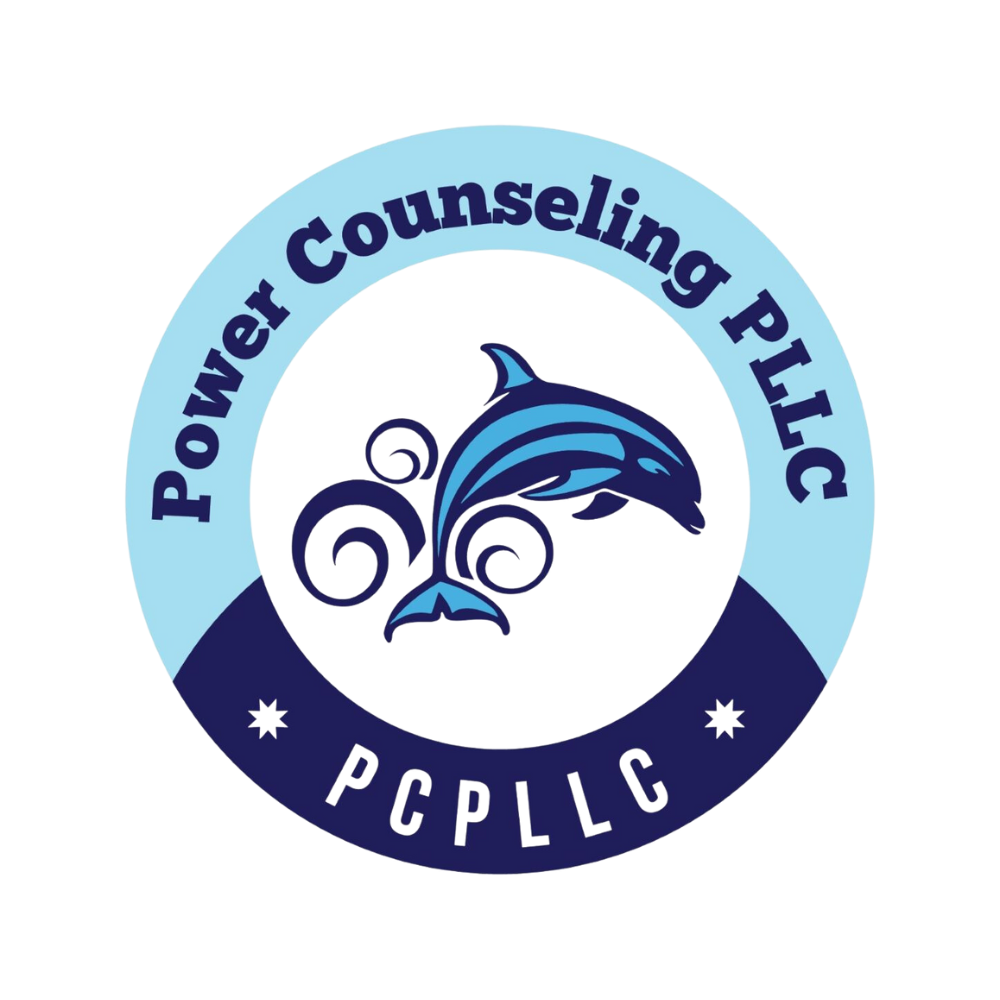401 Post Office Road, Suite 101-2, Waldorf, MD 20602

Blog
OUR LOCATIONS
4400 MacArthur Blvd, N.W. #303, Washington DC 20007
401 Post Office Road, Suite 101-2, Waldorf, MD, 20602
Blog

7 November 2023
The O’Mara Law Group is available to assist stay-at-home mothers facing a divorce. Our team of family law professionals can offer support in various areas, such as financial planning, custody arrangements, and mothers’ rights. Our guide will help you develop strategies for rebuilding your life, managing your finances, and caring for yourself. By following these tips, you can confidently create a bright future for yourself and your children.

28 July 2023
When thinking of age-related health issues, physical infirmity probably springs to most people’s minds; however, seniors are also prone to mental health disorders. Another exciting transition is retirement, which many people anticipate with enthusiasm but might trigger or exacerbate mental health issues. Although there are insufficient studies into seniors’ mental health, those that do exist expose cause for concern. For example, almost one-fourth of seniors in the United States are believed to be socially isolated and approximately two-thirds don’t get the mental health treatment they need. Assisted living facilities provide safe, secure, and sociable homes with staff trained to care for residents with mental health issues. This guide provides an overview of the mental health conditions that seniors typically face and how assisted living can help. Common Mental Health Conditions That Impact Seniors Some mental health conditions are common among seniors. Given their general prevalence, however, there are often a variety of ways to treat them. Anxiety Disorders An anxiety disorder may make a senior become so anxious that dealing with everyday life becomes a challenge. Common symptoms you may notice include uncontrollable fear, obsessive thinking, insomnia, increased heartbeat and headaches. It is estimated that anywhere from 3% to 14% of America’s older adults have a diagnosable anxiety disorder. This could be due to one or more risk factors most relevant to the senior population, such as bereavement, reduced mobility and financial insecurity. Fortunately, anxiety can be effectively treated by medications and psychotherapy. Bipolar Disorder Most people with bipolar disorder experience severe mood swings that include manic highs and depressive lows. The precise cause for these swings isn’t known, but genetics, a chemical imbalance in the brain, childhood trauma and stressful life events are believed to be factors. Around 25% of people with bipolar disorder are aged 60+, and this figure is projected to exceed 50% by 2030 . Seniors should visit their doctor if they think they’re experiencing symptoms of bipolar disorder. Depression Depression is a medical condition that can cause someone to continuously experience feelings such as sadness, hopelessness and apathy for lengthy periods — typically weeks or longer. Significant events, such as losing a loved one, can lead to depression in the elderly. Depression affects 1% to 5% of seniors, rising to 11.5% of those hospitalized and 13.5% in those receiving home care. It can be treated with psychotherapy and/or antidepressant drugs. Eating Disorders Eating disorders typically appear in early adulthood (age 18 for bulimia and anorexia and 21 for binge eating disorder ) and may continue into the retirement years. As we age and our metabolism slows down and hormone levels decrease, it can become a challenge to lose weight, and seniors who aren’t used to carrying a few extra pounds may develop unhealthy habits with food. Health risks associated with eating disorders include heart disease, hypertension and diabetes. Seniors should speak to a doctor if they’re concerned about their relationship to food, as common treatments include psychotherapy, nutritional counseling and medications. Medication Misuse Many people take prescription drugs to treat physical ailments, pain, mental disorders and chronic conditions, and some medications may contain addictive and potentially dangerous controlled substances. Patients may, for example, take more than the recommended dose or use drugs prescribed for someone else. Misusing drugs may reduce their effectiveness, increase interactions with other drugs and cause serious side effects, including death. Post-Traumatic Stress Disorder (PTSD) PTSD is caused by a traumatic event, such as a near-death experience or an attack. It’s believed current data under-represents the problem, but some studies reveal 1.5% to 4% of adults aged 60+ have PTSD, with 7% to 15% exhibiting subclinical level symptoms, which is not enough for a confident diagnosis. Symptoms include experiencing intrusive thoughts and nightmares, sleeping poorly and having angry outbursts. Cognitive and exposure therapies are effective treatments, as is joining a support group. Seniors should contact their doctor if they show signs of PTSD. Risks Factors for Mental Health Conditions in Seniors The World Health Organization (WHO) states 15% of adults aged 60 and older have a mental disorder. Many factors can trigger these disorders: Alzheimer’s: Alzheimer’s is a type of dementia affecting more than 6 million Americans as of 2022. Changes in the brain resulting from age, as well as environmental, lifestyle and genetic factors, are believed to play a part. Chronic Pain: Chronic pain is pain that lasts longer than expected as part of the healing process (usually pain lasting over 3 months). Persistent pain can cause mental health conditions such as depression and anxiety. Chronic Stress: Chronic stress is persistently feeling overwhelmed or pressured. Factors such as worrying about developing dementia, personal finances and losing independence are known contributors. Elder Abuse: Around 1 in 10 adults aged 60 and older have suffered elder abuse in their community. Based on self-reports from residents, the most common type in residential care is psychological abuse (33.4%) and the least common is sexual abuse (1.9%). Physical Health: Deteriorating physical health is known to affect seniors’ psychological health. Arthritis is a common condition that may impact mental health, with 49.6% of adults aged 65+ reporting a diagnosis. Warning Signs of Mental Health Disorders in Seniors Loved ones and caregivers are often the first people to notice that a senior may be struggling with a psychological condition. Signs to look out for include: Loss of temper and argumentative behavior Appears unusually angry, scared or upset Feelings of desperation or helplessness Loss of sleep or sleep pattern changes Loss of appetite Experiences pains that can’t be explained A lack of emotion Extended depression Substance misuse Thoughts of self-harm, suicide or hurting others Housing Options for Seniors Living With Mental Health Conditions Seniors living with mental health conditions don’t need to suffer alone. There are several types of care available, and the best option depends on the individual. Here are three of the most common housing options for seniors in need of mental health treatment. Assisted Living for People With Mental Health Conditions Assisted living is nonmedical care delivered in a homelike community. Residents live in private or shared rooms, typically with kitchenettes and bathrooms. Trained caregivers assist with activities of daily living (ADLs), which may include bathing, dressing, toileting and eating. Structured social and wellness programs help residents stay mentally and physically active and encourage them to develop friendships with other residents. Most people live reasonably close to an assisted living facility. Pros: Memory care units are often on-site, many with trained staff Sharing a home with residents lessens feelings of isolation Increased safety/security with CCTV, emergency response systems, and staff on-site 24/7 Staff will call medical professionals in a medical emergency Cons: Staff may not be trained to handle specific conditions, such as psychosis Not all states have regulations for assisted living facilities caring for seniors with mental health problems There may be less medical support on-site than needed for some seniors Nursing Homes for People With Mental Health Conditions Nursing homes deliver 24/7 medical care to seniors requiring short-term help to recover from illness or surgery and those with enduring conditions needing long-term support. The environment is more homelike than a hospital. Residents live in private or shared rooms with fresh meals served daily. An estimated 65% to 91% of nursing home residents have a significant mental health disorder. Residents may be able to receive therapy and medication management to treat mental health conditions in nursing homes. Pros: Mental health professionals may be on-site or visit regularly Staff is trained in medication management 24/7 access to medical care Cons: Being away from home may cause a mental health issue, such as depression Facility may not have staff on-site 24/7 with experience in a specific condition Seniors may experience less social interaction In-Home Care for People With Mental Health Conditions In-home care can be nonmedical or medical. Nonmedical care can range from simple companionship to helping with activities of daily living (ADLs), such as bathing. Medical care is typically delivered by registered nurses and therapists, including injections and physical therapies. Caregivers aren’t typically on-site 24/7 but can become available for an additional cost. In-home care can provide supportive companionship for seniors with mental health conditions. Pros: Seniors live in familiar surroundings Agency may have staff to help with common conditions, such as dementia Seniors can still access mental health support out of their home Cons: Caregivers may not be immediately available in an emergency Agency may not have staff trained in some conditions, such as PTSD Senior may struggle to bond with a caregiver if staff changes are frequent The Benefits of Senior Living for Seniors With Mental Health Disorders Studies have shown that quality housing can support recovery from and management of mental health conditions. Assisted living facilities must maintain high standards or they risk losing their licenses. With appropriate support, seniors can benefit from care at an assisted living community in the following ways: Feeling accepted : Assisted living creates opportunities to socialize with other residents who also have various mental health conditions. Getting a new lease on life : Assisted living offers opportunities to build new friendships and learn new skills. Feeling safe : A problem such as a fall isn’t as frightening because an assisted living caregiver is always near and ready to help. On-site mental health support : Assisted living facilities may have staff trained to recognize warning signs and deal with them. When Should Someone With a Mental Health Condition Consider Senior Living? Determining when to consider senior living can be difficult for loved ones, particularly if the senior is resistant. Families should look for warning signs their loved one can no longer handle their condition without regular support. The following covers some things you should watch for: Deteriorating personal care standards, such as not bathing Weight loss Expressing thoughts of self-harm, suicide, or violence Refusal to take prescribed medications Social isolation, which can be triggered by losing a spouse Who May Not Be a Good Fit for Senior Living? Seniors with mental health conditions that a facility can’t manage aren’t a good fit for senior living. Some facilities may not have proper staffing, while others may not have safe housing options, depending on the senior’s behavior. If the senior is already in senior living but has refused care, it may be a sign the facility can no longer meet their individual needs. Downloadable Files: What To Look for in an Assisted Living Community for Seniors With Mental Health Disorders State Resources for Mental Health Assistance

by Rachel Christian
•
28 July 2023
An income annuity is an annuity contract that converts all or part of a consumer’s savings into a guaranteed stream of income rather than providing a lump sum amount. These payments, beginning right away or at a later time, can last the consumer’s lifetime or a specified number of years.
CONTACT INFORMATION
LOCATIONS
© 2025
All Rights Reserved |Power Counseling PLLC



